How to Get Rid of Hammerhead Worms (6 Expert Tips)
-

- Last updated:
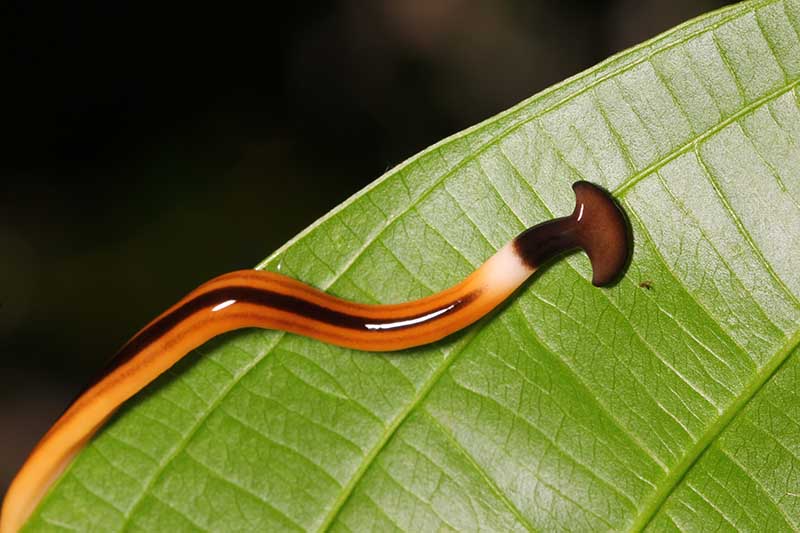
There are several species of worms on this planet that can benefit humans and our gardens. However, some can be quite destructive, and one example is hammerhead worms. They consume beneficial worms and secrete poisonous toxins, so it’s essential to eradicate them safely when they are found in your garden.
In this article, we’ll give you some expert tips to safely get rid of hammerhead worms if you have discovered them in your garden and prevent them. It’s important to get rid of them as soon as you find them, so let’s get started!

Why you Should Get Rid of Hammerhead Worms
While hammerhead worms are not harmful to humans or our pets, they are detrimental to earthworms. Because earthworms play a vital role in soil fertilization, the presence of hammerhead worms can deplete their population.
They are also known as “toxic terrestrial flatworms” since they prey on other types of worms and garden creatures. They use chemoreceptors to detect their prey, and once caught, they hold their victim with their strong muscles and secrete sticky toxins to immobilize it. These toxins dissolve the body, liquifying it enough for the hammerhead worm to suck it up.
The hammerhead worm can survive for weeks on the food reserved in its digestive tract and can even cannibalize its tissues if food remains scarce. These worms regenerate themselves if cut in half, which can make them hard to kill, and they don’t have any predators because of their toxic secretions, so it’s up to you as the gardener to get rid of them.
This species is invasive, and as any gardener knows, the earthworm population is vital to aerate and fertilize the soil. The best way to get rid of these worms is to dissolve them, but first, you must capture them.
The 6 Tips on How to Get Rid of Hammerhead Worms
1. Inspect Your Property for Hammerhead Worms
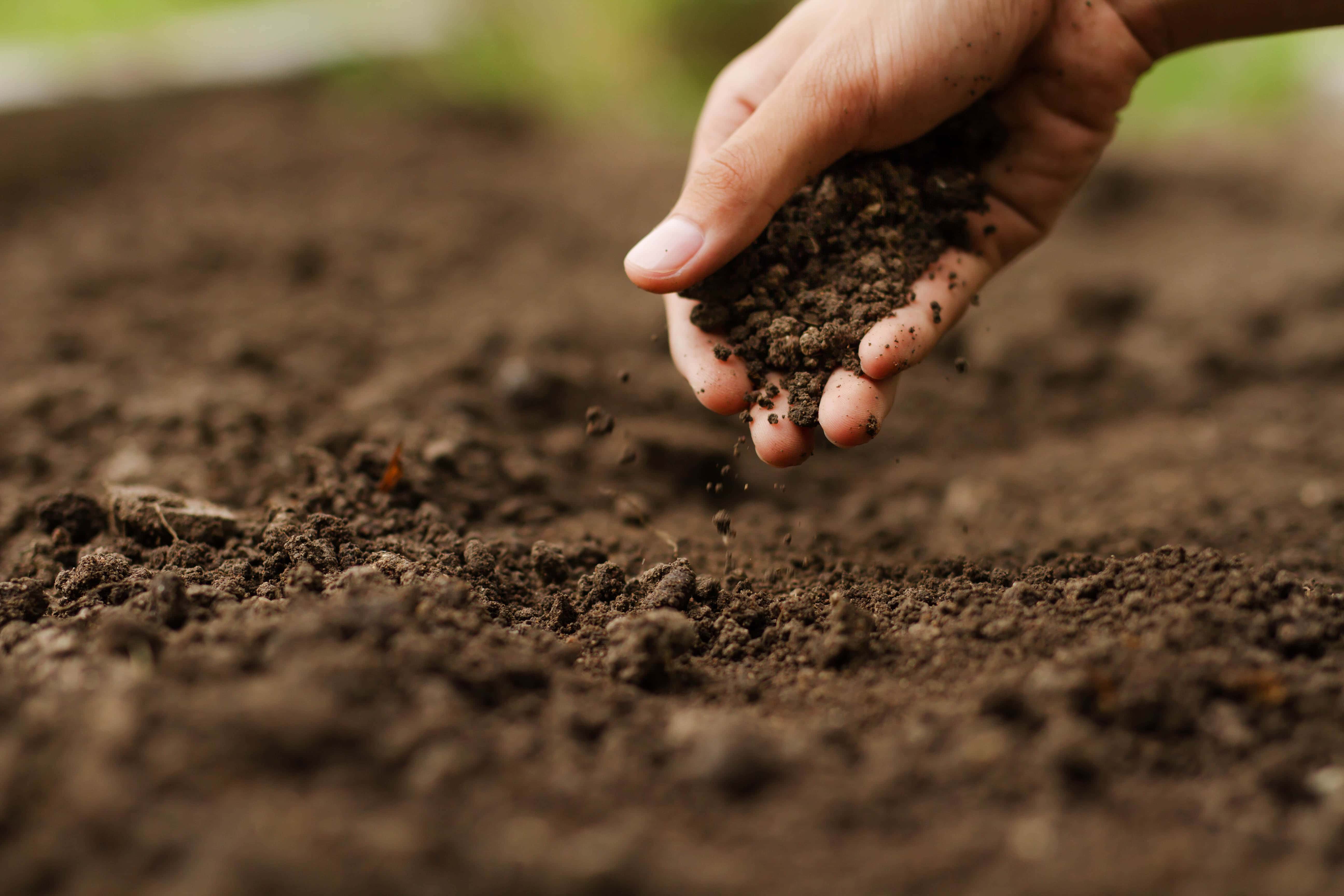
The Hammerhead’s eggs are easily hidden in plants distributed by garden nurseries and landscapers. They have been found in greenhouses all over the US, but the first spotting was in Texas approximately 40 years ago. Since then, they have spread to the coastal regions where they thrive in tropical conditions. They need moist soil to thrive and can usually be spotted on the surface of the soil after the rain. They are light-sensitive, so they typically feed at night.
Hammerheads have a distinctive head that gives them their name and are shaped like a hammer or spade. Their bodies are elongated and flat and can reach longer than a foot long. They will leave a slime trail as they move and can be brown, gray, gold, or green.
2. Collect Hammerhead Worms in a Sealable Container
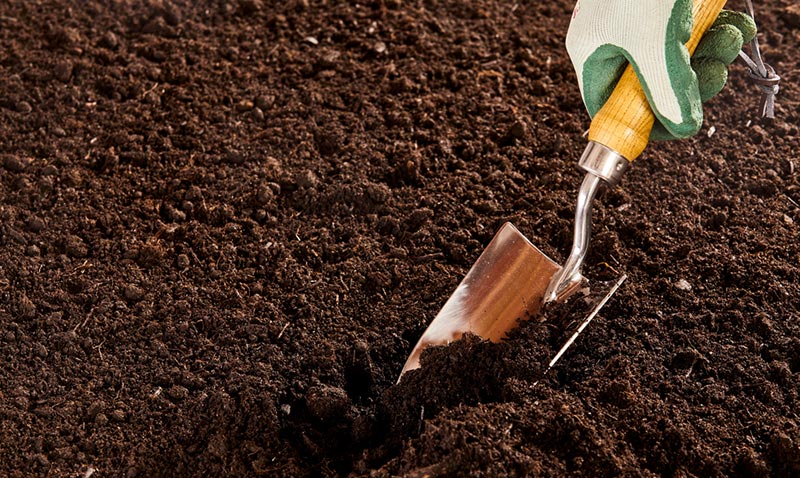
While they are not likely to bite, they secrete a chemical that can irritate the skin, so it’s important to handle them safely. Don’t touch the worm with your hands; instead, use a paper towel or gloves. If you happen to touch it, wash and disinfect your hands.
3. Apply Your Solution to the Worms

To eradicate this worm, you need to dissolve it, and there are a few solutions you can use to get the job done.
- Citrus Oil: Citrus oil is one of the best ways to kill hammerhead worms. It can be found at your local grocery store, or you can easily make your own at home. Fill a spray bottle with citrus oil and spray the worms until they are completely immersed.
- Salt or Vinegar: Sprinkling salt over the worms while in the container will dissolve them immediately and is an inexpensive method for eradicating them. Immersing them in vinegar will work the same way as citrus oil.
- Soap Spray: Soap sprays are an effective method of killing hammerhead worms and other types of worms. The soap isn’t too toxic but will smother the worms. You can find soap sprays online and at garden centers.
- Neem Oil: Neem oil is a great natural pesticide. It comes from the Neem tree and is available at most garden centers.
- Pyrethrum: Pyrethrum is derived from the Pyrethrum daisy and is considered one of the most toxic natural pesticides.
4. Discard the Worms
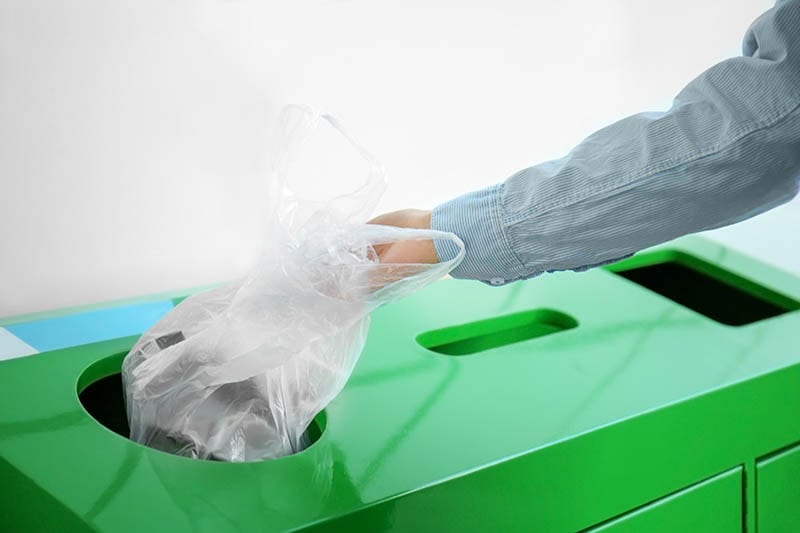
Whether you have used a glass jar or a plastic bag to contain the worms, it should be discarded with the trash after the worms have dissolved. Ensure that the bag or container is properly sealed. If you wish to keep the jar, clean and disinfect it before reusing it.
5. Keep Hunting The Worms
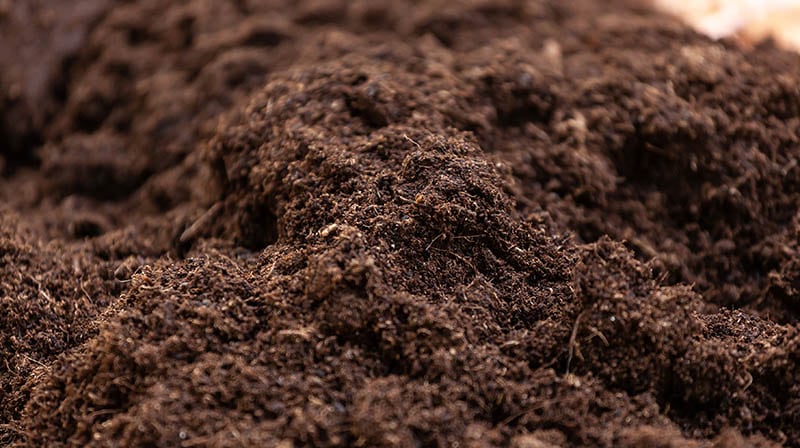
As you now know, these worms spread fast, so it’s vital to remain vigilant. Keep examining your garden, especially when hammerhead worms are easily found, such as early mornings after the rain. If you find more worms in your garden, repeat the previous steps.
6. Acidify Your Soil
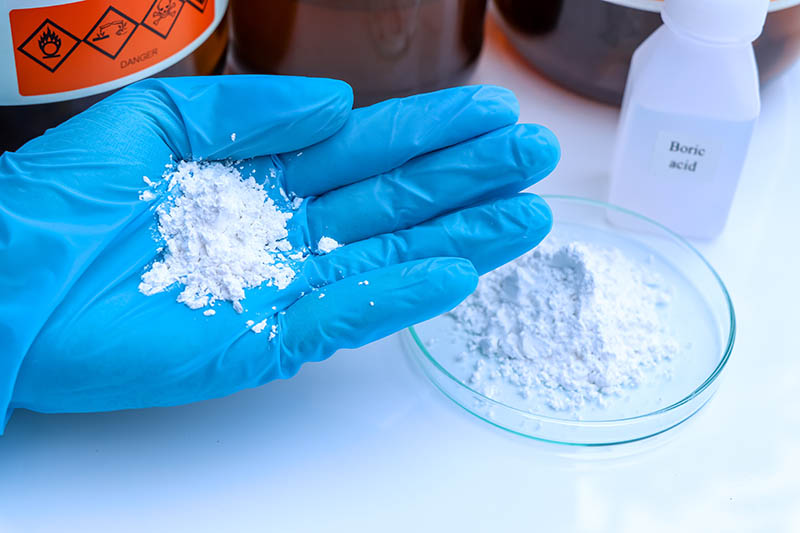
Hammerhead worms cannot survive in acidic soil, and adjusting your soil’s pH can help eliminate them. Boric acid will acidify the soil’s surface, making it difficult for the hammerhead worms to survive, but it will not affect your earthworms. To completely get rid of these worms, you will need to apply boric acid to your soil every 2–4 weeks.
It’s essential to remember that while acidifying your soil may deter hammerhead worms, it may make conditions unsuitable for certain types of plants to grow.
How to Prevent Hammerhead Worms
If you live in a tropical area where these worms thrive, you must check for them thoroughly and regularly in your garden, soil, and plants. They also thrive in a greenhouse environment. Planting your plants into containers can also help minimize the chance of hammerhead worms. When purchasing plants from the garden center, check the plants thoroughly for worms or eggs.

Conclusion
Hammerhead worms can spread quickly, and if you think chopping them in half with a spade will do the trick, you will, in fact, create more! The best way to eradicate hammerhead worms is to dissolve them. You can use a simple, eco-friendly solution, but you need to take action quickly to keep your earthworms safe and your soil healthy. If you live in conditions where these worms thrive, it’s essential to thoroughly check your soil and plants to prevent the population from growing.
Featured Image Credit: Pong Wira, Shutterstock
Contents

